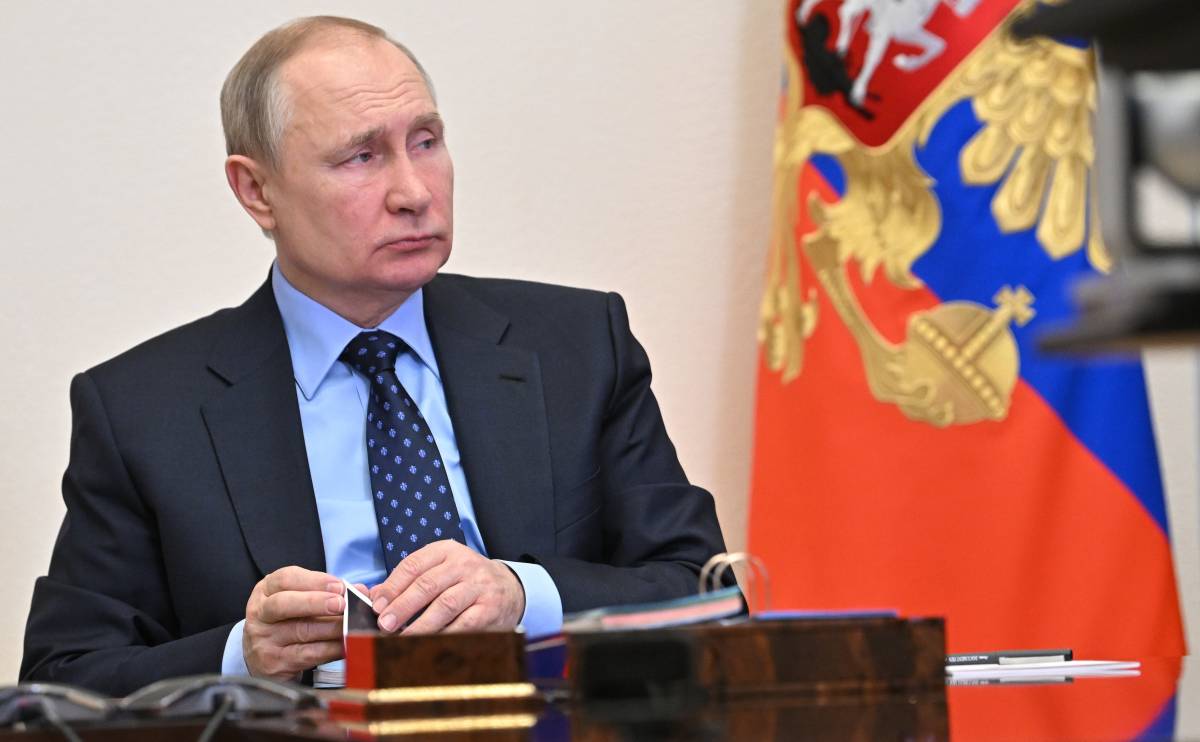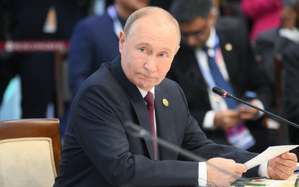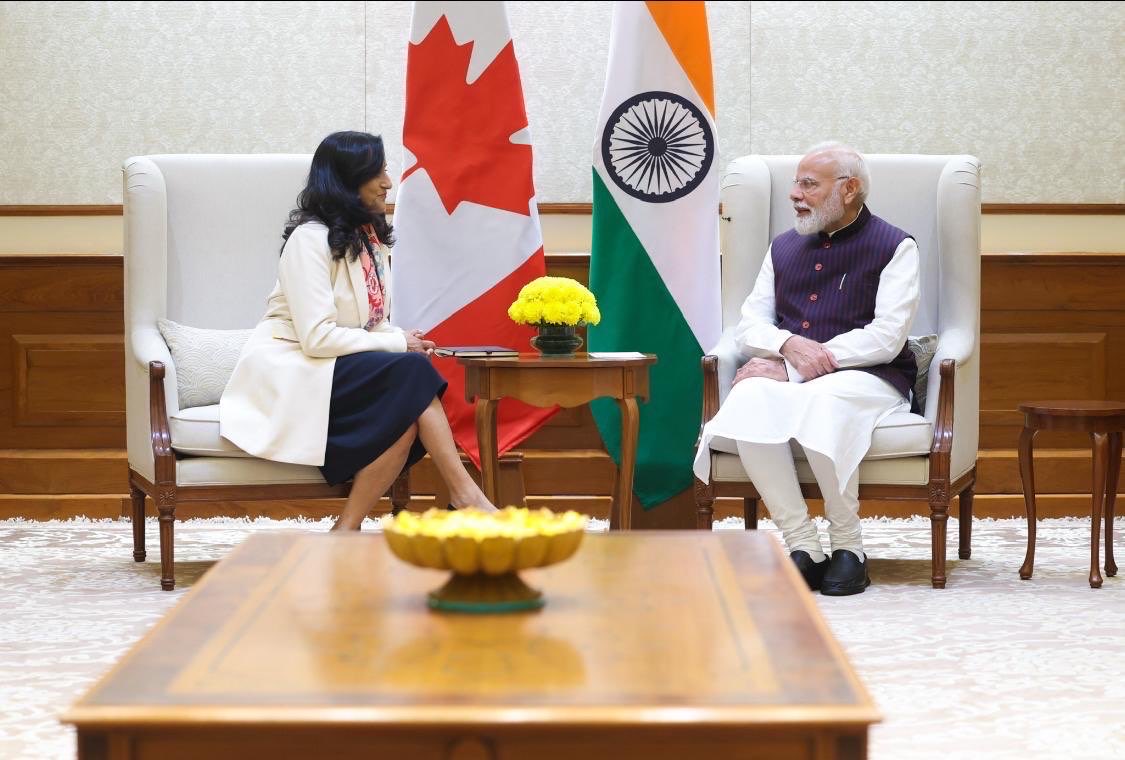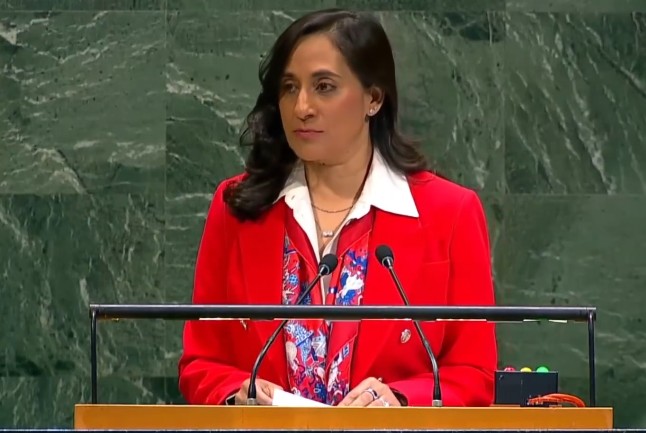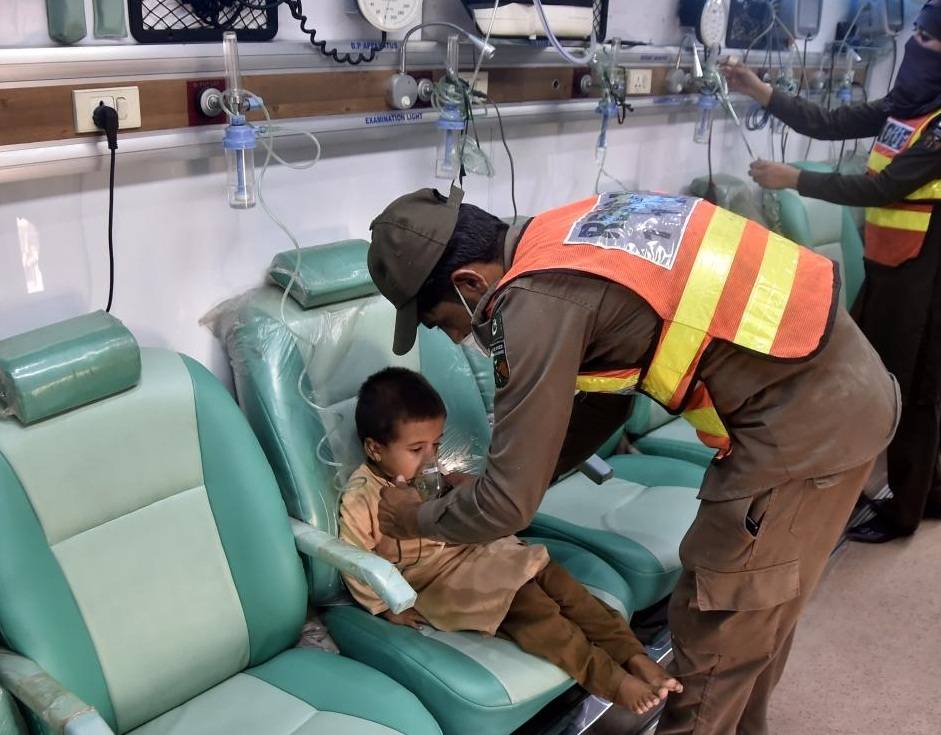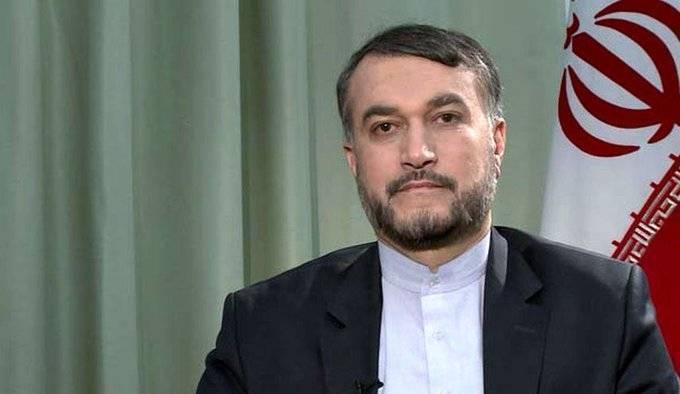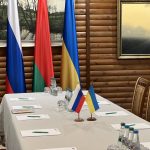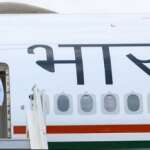A total of 818 Canadians, including Prime Minister Justin Trudeau, have been under Moscow’s sanctions…reports Asian Lite News
The Russian Foreign Ministry has announced that an additional 55 Canadian citizens have been indefinitely barred from entering the country in response to Ottawa’s anti-Russian sanctions.
In addition to the travel ban on these “high-ranking military, politicians and public figures,” the activities of three non-governmental organisations from Canada are now recognised as undesirable in Russia, the Ministry said on Wednesday.
A total of 818 Canadians, including Prime Minister Justin Trudeau, have been under Moscow’s sanctions, including an entry ban, official data showed as quoted by Xinhua news agency report.
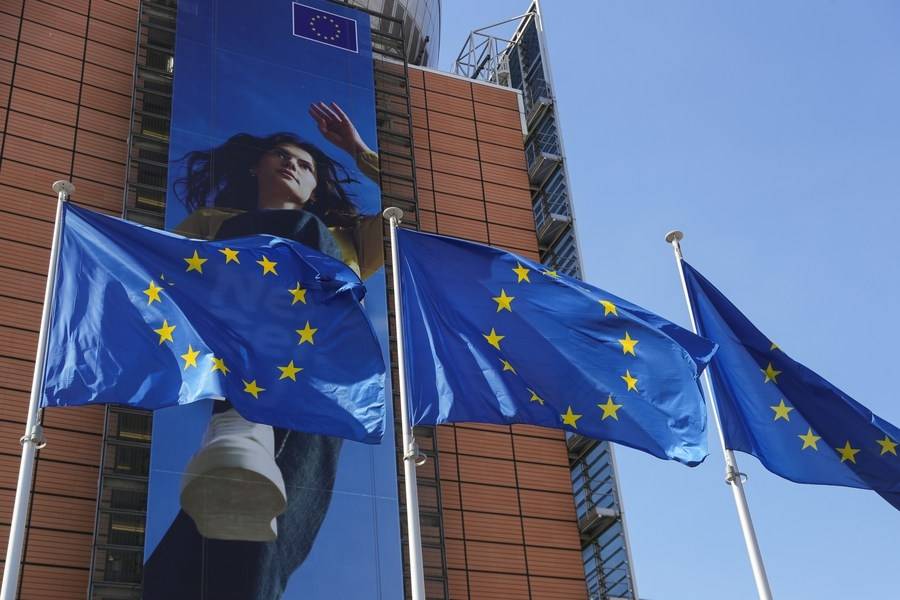
EU to suspend visa deal
Foreign Ministers of the European Union (EU) member states have agreed to suspend a visa agreement with Moscow, making it harder for Russian citizens to obtain entry to the bloc.
“We agree today with EU foreign ministers on full suspension of the EU-Russia visa facilitation agreement,” Xinhua news agency quoted Josep Borrell, the EU’s high representative for foreign affairs and security policy, as saying at a press conference after the Ministers’ two-day informal meeting here on Wednesday.
He said that until now, the 2007 agreement that makes it easier for Russian citizens to obtain Schengen visas, was “partially suspended” for special collectives and groups of Russians, officials and entrepreneurs, but now it is “fully suspended”.
“It means that it will significantly reduce the number of new visas issued by the EU member states,” Borrell said, adding that the process to get a visa is going to be “longer and more difficult.”
As the situation in the EU countries bordering Russia is becoming “challenging”, the top diplomat said these member states can take national measures to restrict EU entry through their borders.
This comes as Ukraine and some member states had called for a blanket ban, but others like France and Germany were opposed to the step, the BBC reported.
More than a million Russian citizens have travelled to the EU since Moscow began its ongoing invasion of Ukraine on February 24.
The five EU countries bordering Russia — Finland, Estonia, Latvia, Lithuania and Poland — said in a joint statement that they could also introduce temporary bans or restrictions “in order to address imminent public security issues”.
Responding to the bloc’s decision, Russian Deputy Foreign Minister Alexander Glushko said the EU was “shooting itself in the foot” and the move would not go unanswered.
Meanwhile, Ukrainian Foreign Minister Dmytro Kuleba also criticised the decision as a “half-measure”.


